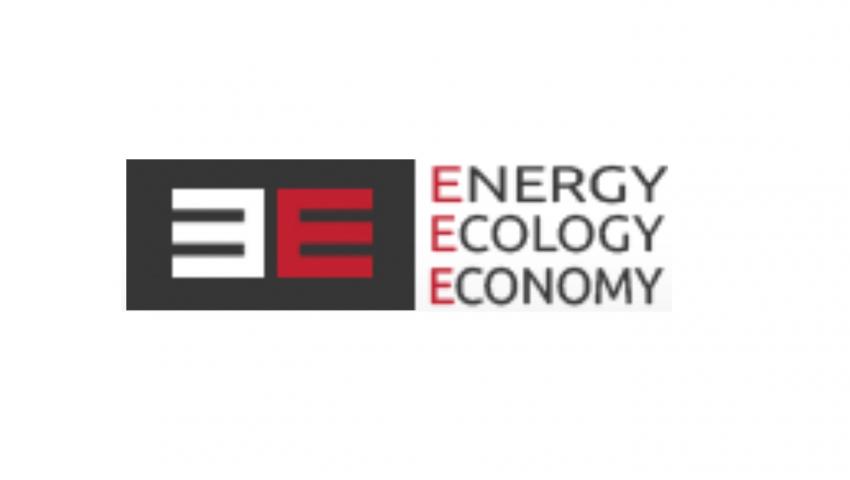President Says Past Year Was Time of Illusory Stability, Announces Establishment of Strategic Development Council

The past year was a time of illusory stability, growing lawlessness and eroding democratic achievements, President Rumen Radev said during a news conference which he and Vice President Iliana Iotova gave on Monday, marking their two years in office.
According to Radev, the Presidency has often been the last barrier to lobbyist legislation and irresponsible political action.
"In 2018, I continued to vigorously defend the Bulgarian positions on matters figuring on the European and global agenda," he said.
The President noted that his institution was involved in 19 international events during the reporting year and 12 foreign heads of state visited Bulgaria at his invitation.
He said he will set up a Council for Strategic Development of Bulgaria, comprising intellectuals and experts. The Council's job will be to propose "alternatives to the institutional stalemate and the economic and ideological stagnation in Bulgaria." The membership of the Council will be unveiled in the coming days.
Radev went on to discuss a number of other topics. He described the competitive bidding procedure for the acquisition of new fighter jets for the Bulgarian Air Force as "bogus." "While pledging allegiance to Europe, relying on European funds and looking forward to being admitted to the Eurozone, we cast off the European bidders from the procedure for a new type of fighter aircraft by violating the procedural rules," he said.
"After the failure of large energy projects, the modernization of the Armed Forces reinforced the impression that Bulgaria is losing sovereignty and is unable to make strategic decisions on its own," he argued.
According to Radev, the achievements reported by the government have not improved the lives of the majority of Bulgarians. The public expects urgent and comprehensive measures, it wants higher living standards and a way out of the demographic deadlock.
"This goal is doomed unless we do the most important thing: a radical change of the political environment and the style of governance. It is about time we draw a distinction between the corrupt and the robbed, between shady oligarchic business and honest entrepreneurship," he urged.
In order for Bulgarian society to advance, it is necessary to restore people's confidence in statehood, and this implies retribution, Radev said.
He called on the Criminal Asset Forfeiture Commission, the prosecution service, the Interior Ministry and the special services to "step inside the carefully avoided perimeter of power" and investigate "potential dependencies between politicians, business owners winning major government contracts, and possible figureheads."
Asked by a journalist whether he still thinks that Bulgaria does not need early parliamentary elections, Radev said: "The question now is not 'if' but 'when.'" He added, however, that the election rules must be reformed to ensure fair elections. He pointed to problems with machine voting, video surveillance of vote counting and tallying, the removal of the so-called second tally sheet of district election commissions, which can be doctored, and the updating of voters' lists.
Asked whether he plans to set up his own political party, Radev said he would support a new political project if it defends democratic values and works for Bulgaria's modernization.
The President sees no ground for partnership between him and the government, given its current policies, which he described as "confrontational and often flouting the law." "The concentration of power in the government is greater than what is prescribed by the Constitution and upsets the balance of powers," he commented.
Vice President Iotova said that she and her staff have focused on relations with Bulgarians abroad and the formulation of joint policies with them. According to her, the preservation, development and dissemination of the Bulgarian language overseas is a priority.
Iotova urged an expansion of the international network of Bulgarian weekend schools. There are 362 such schools in 40 countries, supported with 11 million leva in annual funding from the Bulgarian government, and 70 schools supported by private sponsors. Over 30,000 kids study Bulgarian in foreign countries. "Tomorrow they will be proponents of our Bulgarian culture and awareness," the Vice President stressed.
She proposed setting up a national fund to support these schools because the money available from the state budget is not enough.
A concept has been developed for a Bulgarian cultural institute abroad, Iotova said. The future institute will pursue cultural diplomacy, disseminate the Bulgarian language and maintain relations with Bulgarian expatriate communities.
Furthermore, a project has been designed to create a global electronic network linking Bulgarians abroad and providing them with a "front office" for contacting the Bulgarian authorities, she said.
Taking a journalist's question, Iotova said the Bulgarian Citizenship Act needs rewriting. "I am opposed to awarding Bulgarian citizenship in exchange for investment," she said.
Source: BTA
